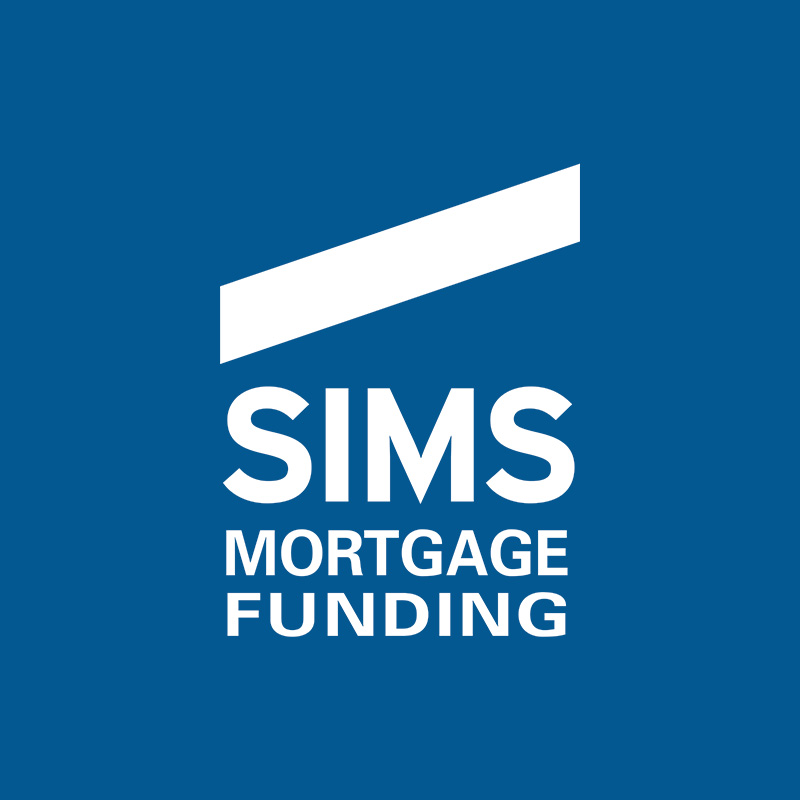Sims Mortgage Funding is pleased to announce that we closed in late September a $3,237,200 loan for Opportunities Pavilion (OP), an 81 unit affordable, Section 8 elderly property in Kansas City, Missouri. The loan was insured under the HUD Section 223(a)(7) program, which is used to refinance properties with existing HUD-insured debt via an expedited loan underwriting protocol that does not require an appraisal and in most cases, a Phase I environmental site assessment. For non-profit borrowers, a 1.05 debt service coverage after the refinancing is required. Our 223(a)(7) loan maturity extended 12 years past the current loan maturity date, enhancing the annual debt service savings, which was approximately $61,000 per year.
The primary goal of the refinancing was to reallocate debt service savings towards the payment of real estate taxes, which had been recently, and unexpectedly, imposed on the property; this would enable OP to “hold serve” on the increase in operating expenses for which there was no additional Section 8 revenue to cover. SMF was able to negotiate with HUD on OP’s behalf to have the debt service savings reallocated to pay real estate taxes instead of having the savings placed in a restricted account or used to reduce rents, which is typical protocol when refinancing Section 8-funded properties.
The secondary goal was to finance repairs that had been identified in a prior Capital Needs Assessment for which there was also inadequate funding; included in the repair schedule was the replacement of individual-unit electrical panels, which had to be completed before closing as they were a safety issue. In addition, like many Section 8 projects with limited ability to increase revenues, OP had been plagued with insufficient capital reserves, and annual deposits were not sufficient to meet the longer-term needs of the property. To mitigate this risk to OP, we included in the 223(a)(7) loan an increase to the HUD-required reserve fund for replacements.
The benefits of the refinancing were amplified considerably when OP successfully appealed its real estate tax assessment. Debt service savings that would have gone to payment of taxes will now be used to increase the annual deposit to the reserve fund for replacement for 5 years; thereafter, the savings will be available to meet other needs of the project.
Despite the relatively small size of the transaction – the average size of our affordable housing deals is approximately $4.6 million – the OP loan packed a powerful punch, as it gave the not-for-profit owner and its management company a unique opportunity – pun intended – to recover from a local government decision, albeit temporary, to impose real estate taxes on the property, and to fund needed repairs and reserves to alleviate critical life-safety issues for which there was not adequate funding.
Opportunities Pavilion is the 5th HUD-insured financing we have closed with Community Realty Management, the project’s management agent. CRM operates affordable housing communities in Washington DC, New Jersey, Maryland, Virginia, Pennsylvania, Oklahoma, Indiana, New York, Missouri and the U.S. Virgin Islands.

